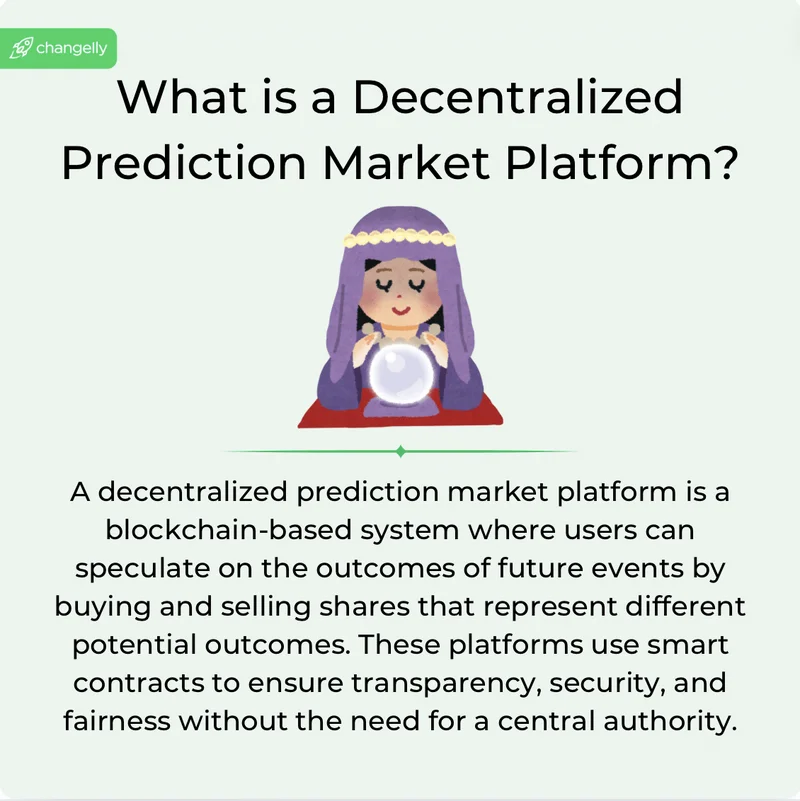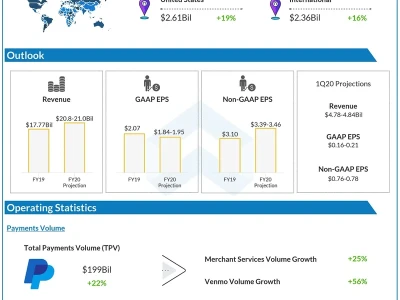I went looking for a story today. The headline was juicy enough: Blockchain-Based Polymarket Eyes U.S. Comeback by November: BBG. Crypto, gambling, regulatory defiance—all the good stuff. I clicked the link, ready to dive in, and was immediately stopped dead.
"Are you a robot?"
The question wasn't from a sci-fi movie. It was from the website. A cold, sterile, accusatory prompt, demanding I prove my own humanity before I could be granted the privilege of reading their content. This is where we are now. The default assumption of the internet in 2025 is that you are a machine, a threat, a bot, until you check a box or identify a series of grainy traffic lights to prove otherwise.
After assuring the digital bouncer that I was, in fact, a sack of meat and anxieties, I wasn't greeted with the article. Oh no, that would be too simple. Instead, I was presented with a document. A wall of text so dense and legally sanitized it could make a lawyer's eyes glaze over. This wasn't an article; it was a hostage negotiation.
The Illusion of Choice
Let's be real. Nobody reads these things. Not the "Terms of Service," not the "Cookie Policy," and certainly not the sprawling universe of toggles and dropdowns that is the "Privacy" menu. I was looking at a list of 903 "partners" who wanted to "process my data" based on "legitimate interest."
Nine hundred and three.
Who are these entities? Are they startups in a garage in Estonia? Are they massive data-brokering firms? Are they government agencies? I have no idea, and neither do you. The entire system is a black box wrapped in an enigma, presented to you as a "choice." It's like being handed a 1,000-page contract in a foreign language moments before you're about to have emergency surgery and being told to just initial every page. It's a farce.

They offer you options, offcourse. You can "Reject All," but that button is usually hidden in a low-contrast font somewhere in the corner, while the giant, glowing "Accept All" button pulses like a beacon of convenience. Or you can spend the next twenty minutes of your life manually untoggling permissions for things like "Actively scan device characteristics for identification" and "Use precise geolocation data."
"Actively scan device characteristics for identification." Let's just translate that from PR-speak into English: "We're going to fingerprint your device so thoroughly that we can track you across the entire web, even if you clear your cookies or use a VPN." And they have the gall to ask for your consent to do it. This isn't a choice; it's a shakedown.
Information is Now the Bait
Here’s the thing that really gets me. The article I came to read about Polymarket? It has become completely irrelevant. It is no longer the product; it is the bait. The real product is me—my data, my profile, my habits, my "possible interests and personal aspects." The content is just the free cheese they put in the mousetrap.
This entire architecture is designed for one purpose: to wear you down. To create so much friction between you and the thing you want that you just give up and click "Accept." It's a war of attrition against your own patience and privacy. And it's working. We've been conditioned to click through the warnings, to accept the terms, to get to the damn content we were promised.
This is a bad system. No, 'bad' doesn't cover it—this is a fundamentally broken, parasitic model for sharing information. We were promised a digital Library of Alexandria, a place where knowledge was free and accessible. What we got instead is a digital flea market where you're the one being sold. Every click, every scroll, every moment of hesitation is logged, analyzed, and packaged for some nameless, faceless "partner."
And for what? So they can "show you relevant adverts on other sites." I’ve seen the ads. They’re still trying to sell me a pair of shoes I looked at six months ago. The grand surveillance machine isn't even particularly good at its stated job. It's just… there. A massive, inefficient, privacy-devouring engine that runs on our collective apathy. They tell us this is necessary, that this is how the internet is funded, but honestly...
Maybe I'm the crazy one here. Maybe everyone else is perfectly fine with this arrangement. But when did we decide that the price of reading an article was a full background check conducted by a thousand anonymous corporations? When did the web stop being a tool for us and start being a tool for them?
We Traded a Library for a Strip Mall
So, this is it. This is the brave new web. Not a space for connection or knowledge, but a gauntlet of suspicion and surveillance. You start by proving you're not a robot, then you're forced to negotiate the terms of your own digital violation with hundreds of invisible partners. If you endure all that, you might—might—get to read the 800 words you came for, surrounded by ads tailored to a version of you that was algorithmically generated from the digital breadcrumbs you were forced to leave behind. The dream is dead. We wanted a public square and we got a shopping mall food court, where the price of a seat is letting a stranger rifle through your pockets.




